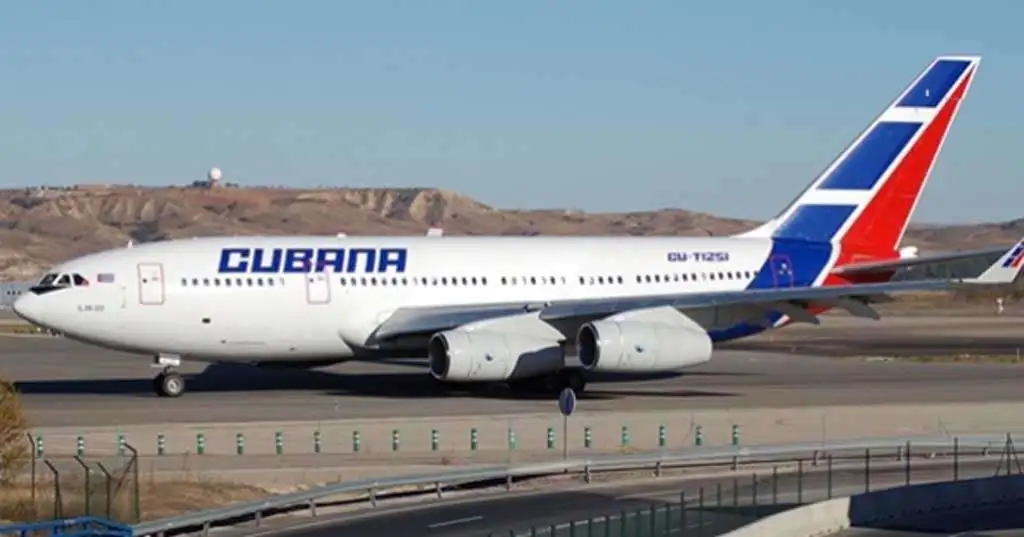[ad_1]
Argentina lately halted direct flights to Havana, indicating main coverage shifts in aviation and overseas relations.
Influenced by financial elements and strategic alignments, this choice ended providers by Aerolíneas Argentinas and Cubana de Aviación on the route.
Aerolíneas Argentinas pointed to substantial losses exceeding $500,000 in 2023 as the primary cause for discontinuation.
Concurrently, issues about potential U.S. sanctions prompted YPF, a state-controlled oil firm in Argentina, to stop supplying gas for flights to Cuba.
This motion aggravated challenges for Cubana de Aviación, which consequently stopped operations between the 2 nations.


Moreover, vacationers wanting to go to Cuba now encounter extra complicated journey preparations, involving longer routes and harder visa necessities.
Below President Javier Milei, this coverage change marks a shift towards stronger U.S. ties and away from Argentina’s historically impartial stance.
Whereas disrupting previous Cuba-Argentina ties, it opens doorways for brand spanking new financial prospects and wider worldwide relations.
Furthermore, stopping these flights signifies a big shift in Latin America’s diplomatic panorama.
As Argentina aligns extra intently with U.S. overseas coverage, issues come up about the way forward for regional multilateralism.
This shift impacts diplomatic relations throughout Latin America and requires a reassessment of current partnerships.
Background – Argentina Suspends Direct Flights to Havana
The US has granted Argentina a considerable enhance, offering a $40 million bundle by the International Army Financing (FMF) program.
This funding, the primary since 2003, goals to modernize Argentina’s army infrastructure.
It ensures that Argentina can buy important protection articles, providers, and coaching from the U.S., bettering the interoperability of their army operations.
Concurrently, Argentina has finalized a deal to accumulate 24 F-16 plane from Denmark.
This acquisition is about to interchange the outdated A4 Skyhawks, considerably enhancing Argentina’s nationwide safety.
This acquisition reinforces Argentina’s sturdy alliance with the U.S., highlighting its standing as a Main Non-NATO Ally since 1998.
It additionally aligns with Argentina’s ambitions to develop its world partnerships by becoming a member of NATO’s listing of worldwide companions.
[ad_2]






